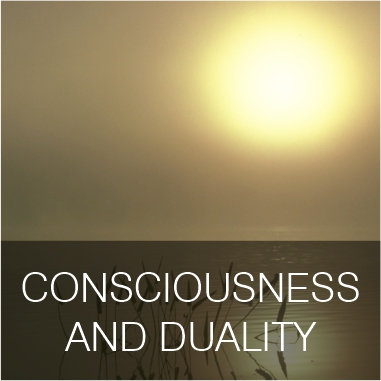Kant understood that true forms exist a priori to (before) our experience; this was an idea derived from Plato’s Theory of Forms. The images of these forms are always and ever-present in our minds; we know with apodictic certainty that space in one place will follow the same rules and forms in another, no matter whether here on Earth of millions of light years away!
Einstein had this same, incredible insight; he saw that everything is related to the speed of light, which gives form and structure (in matter and energy) to everything within our universe. The speed of light is a constant and constitutes everything within the universe; we are, essentially, beings of light! This insight reflects Kant’s understanding that we exist within a field; his insight relates to the psyche while Einstein’s came, of course, in the realm of physics.
Before Kant, it was generally held that a priori knowledge must be analytic, meaning that what is stated in the predicate must already be present in the subject and therefore be independent of experience (for example, “An intelligent man is intelligent” or “An intelligent man is a man”). In either case, the judgment is analytic because is arrived at by analyzing the subject.
It was thought that all certain a priori judgments are of this kind: that in all of them there is a predicate that is only part of the subject of which it is asserted. If this were so, attempting to deny anything that could be known a priori (for example, “An intelligent man is not intelligent” or “An intelligent man is not a man”) would involve a contradiction. It was therefore thought that the Law of contradiction is sufficient to establish all a priori knowledge.



